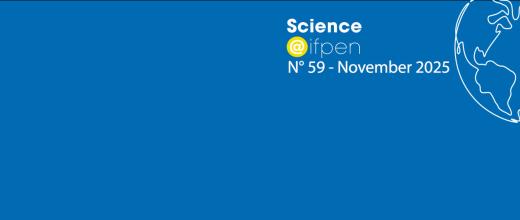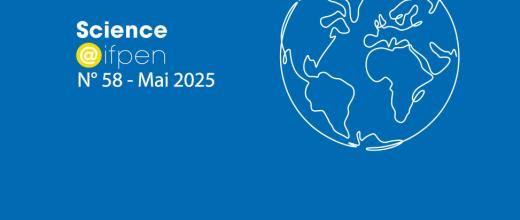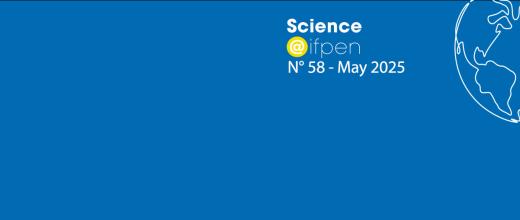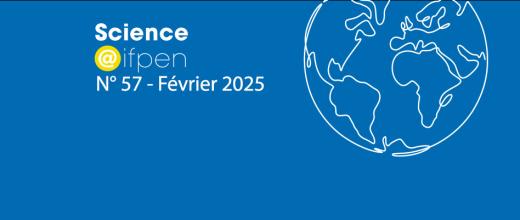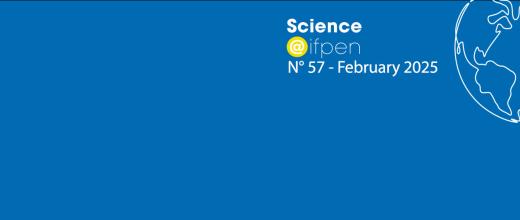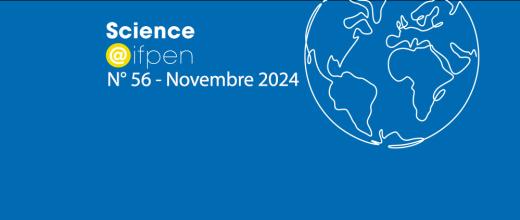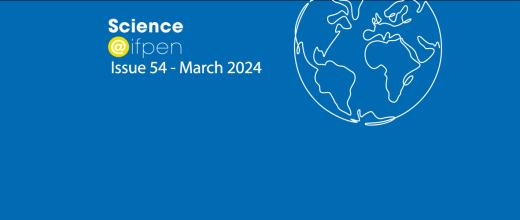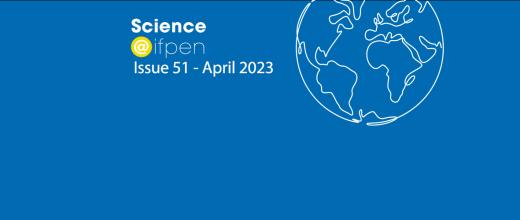In urban zones, road traffic is responsible for a high proportion of pollutant emissions, with a significant impact on air quality, which represents a major public health issue. Atmospheric dispersion can be comprehensively taken into account using CFD. However, random uncertainties, of both natural and anthropogenic origin, can affect its predictive capacity. Concerning this prediction, the PhD research was aimed at quantitatively evaluating the impact of uncertain parameters: firstly, meteorological and, secondly, those related to road traffic. To do this, “high-fidelity” simulations of pollution dispersion on a micro-urban scale (neighborhood) were conducted...
